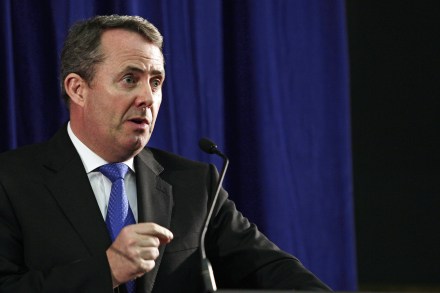Brits want to give money abroad – but not necessarily via the government
“A well-targeted aid budget is essential if Britain is to punch above its weight on the world stage.” That’s how Tim Montgomerie finishes his neat defence (£) of British aid policy for the Times today. But, putting aside the matter of whether it’s wise to give aid to, say, India at a time of spending restraint back home, Tim’s claim rather inspires a question: is our aid budget well-targeted? And the answer, it seems to me, is encoded in Ian Birrell’s punchy piece for the Evening Standard. Ian’s overall point is similar to that made by economists such as Dambisa Moyo, whose work we have mentioned on Coffee House before



















